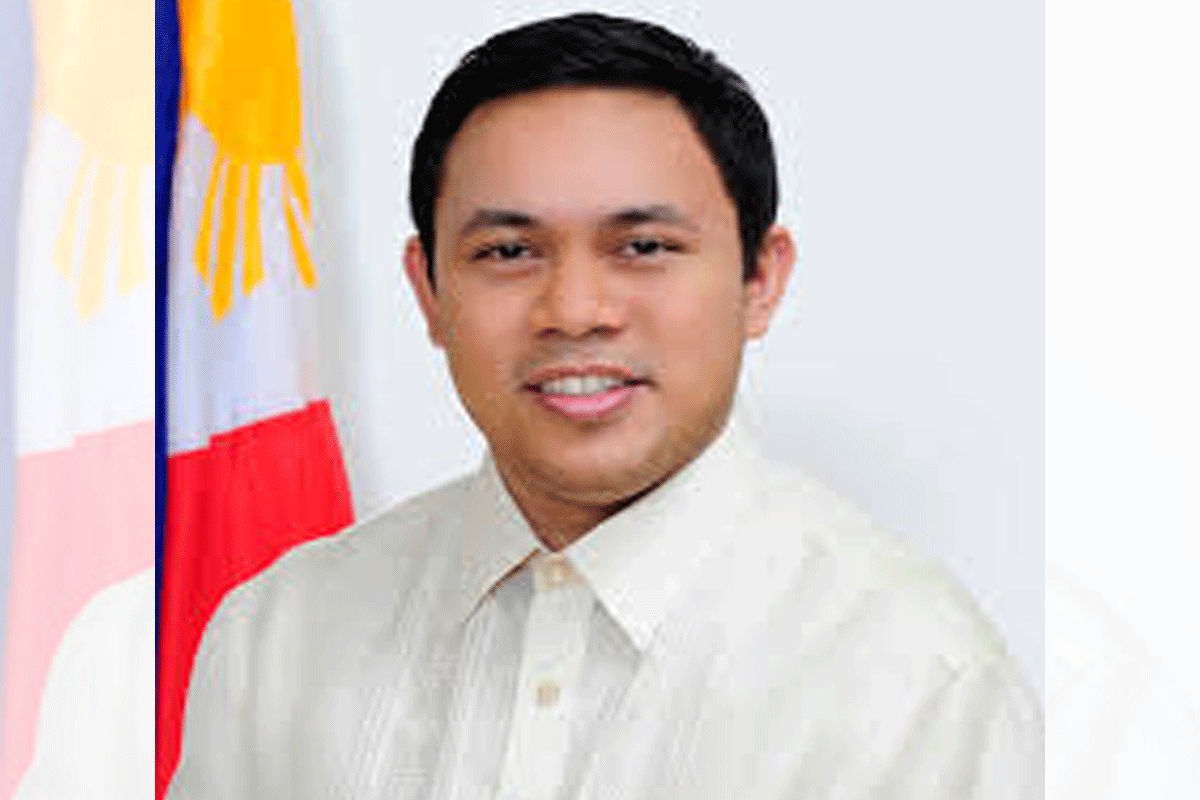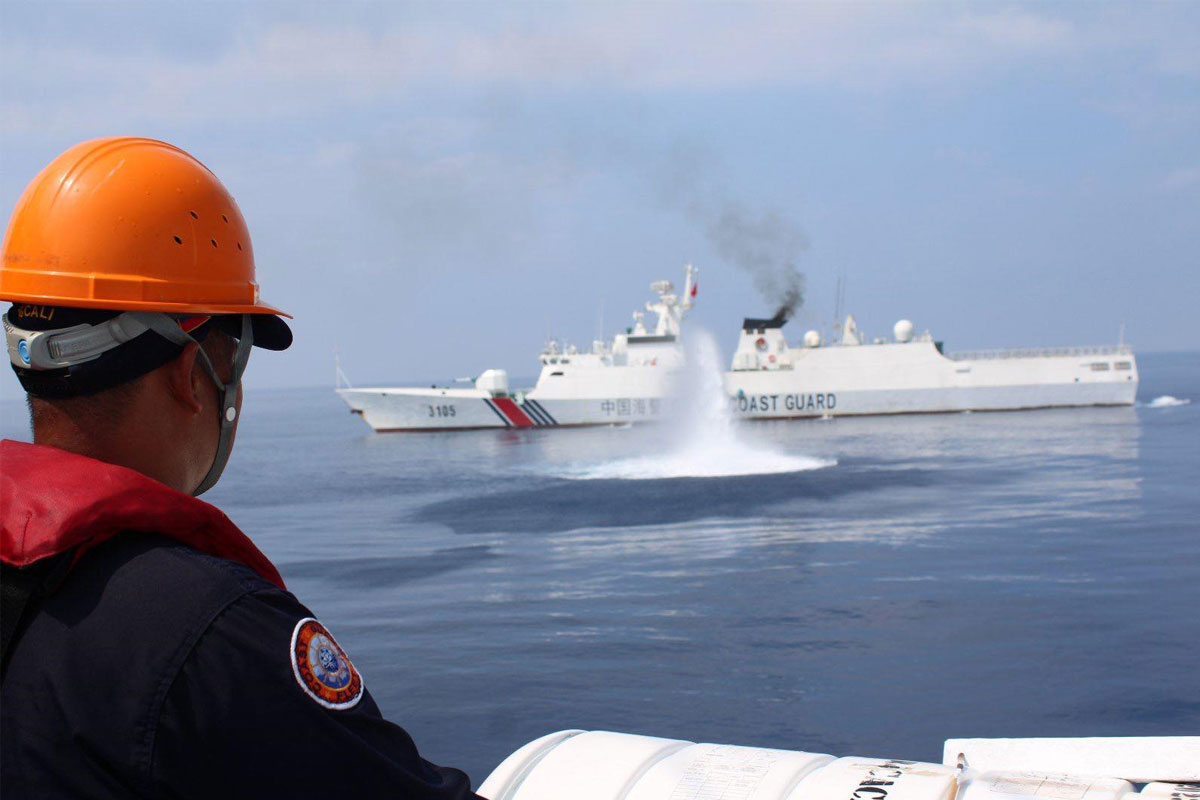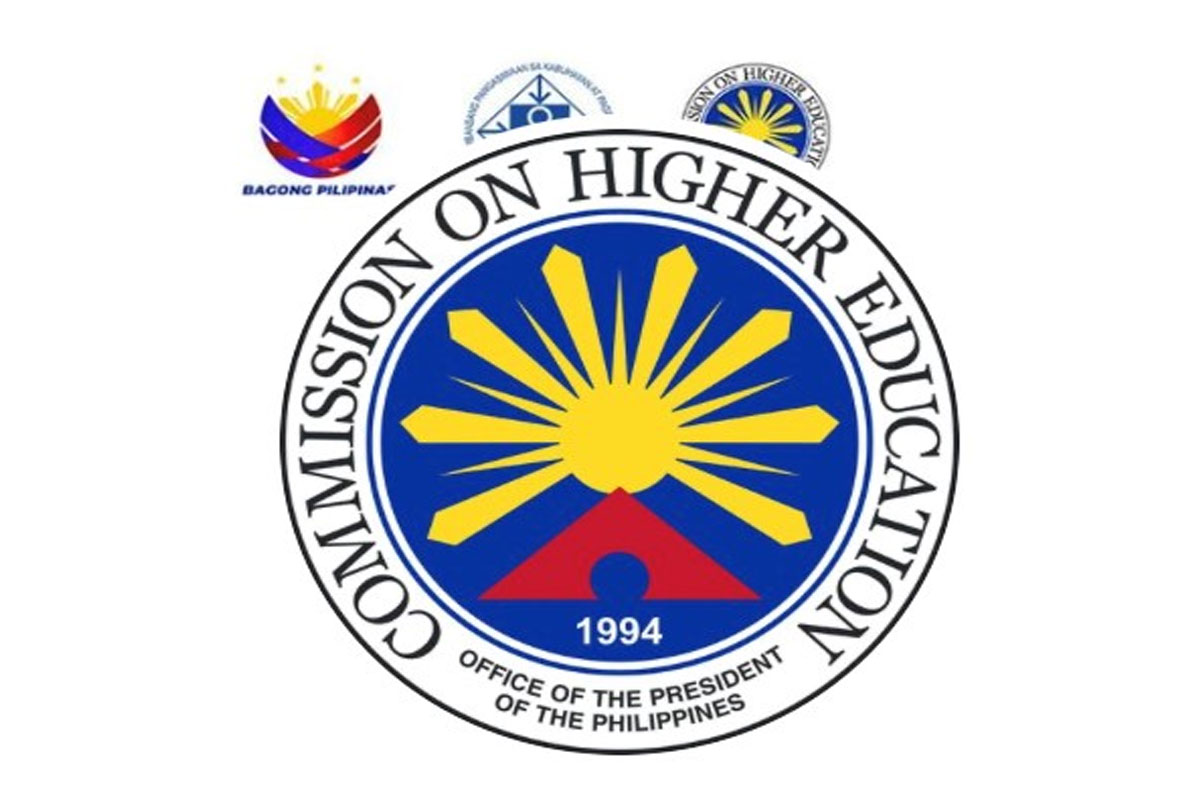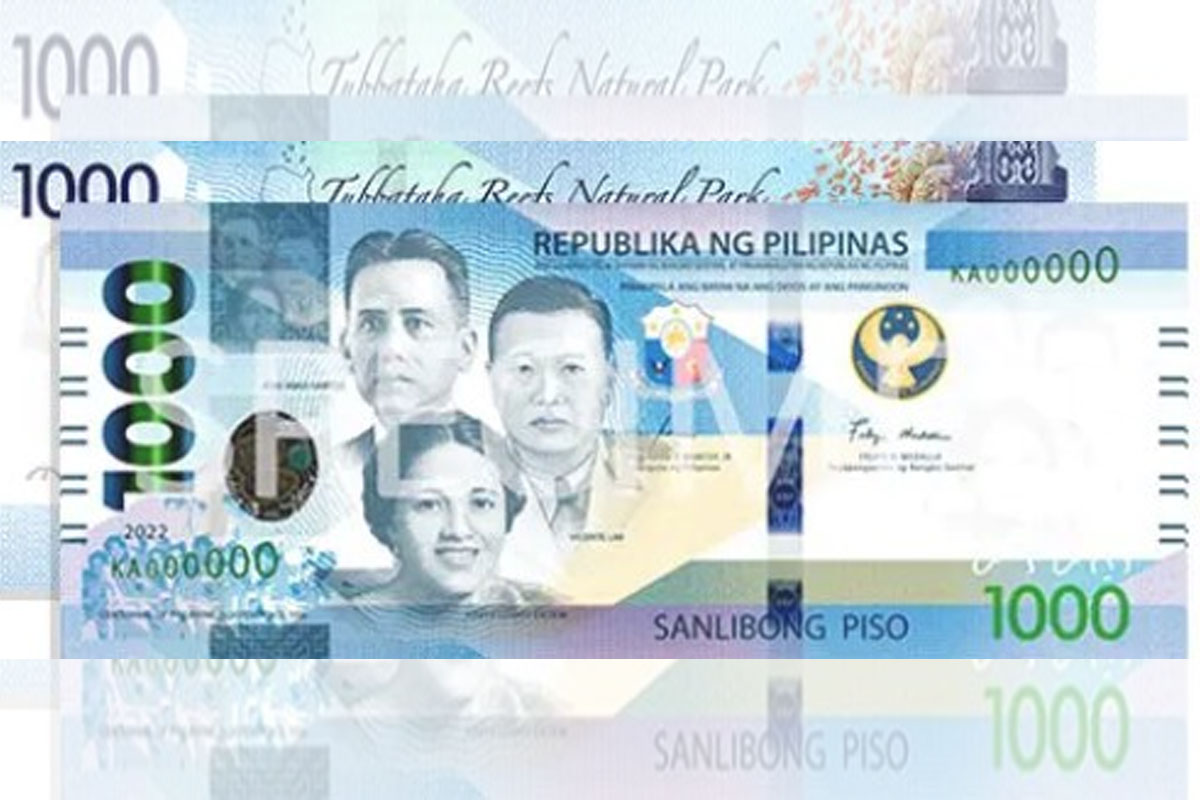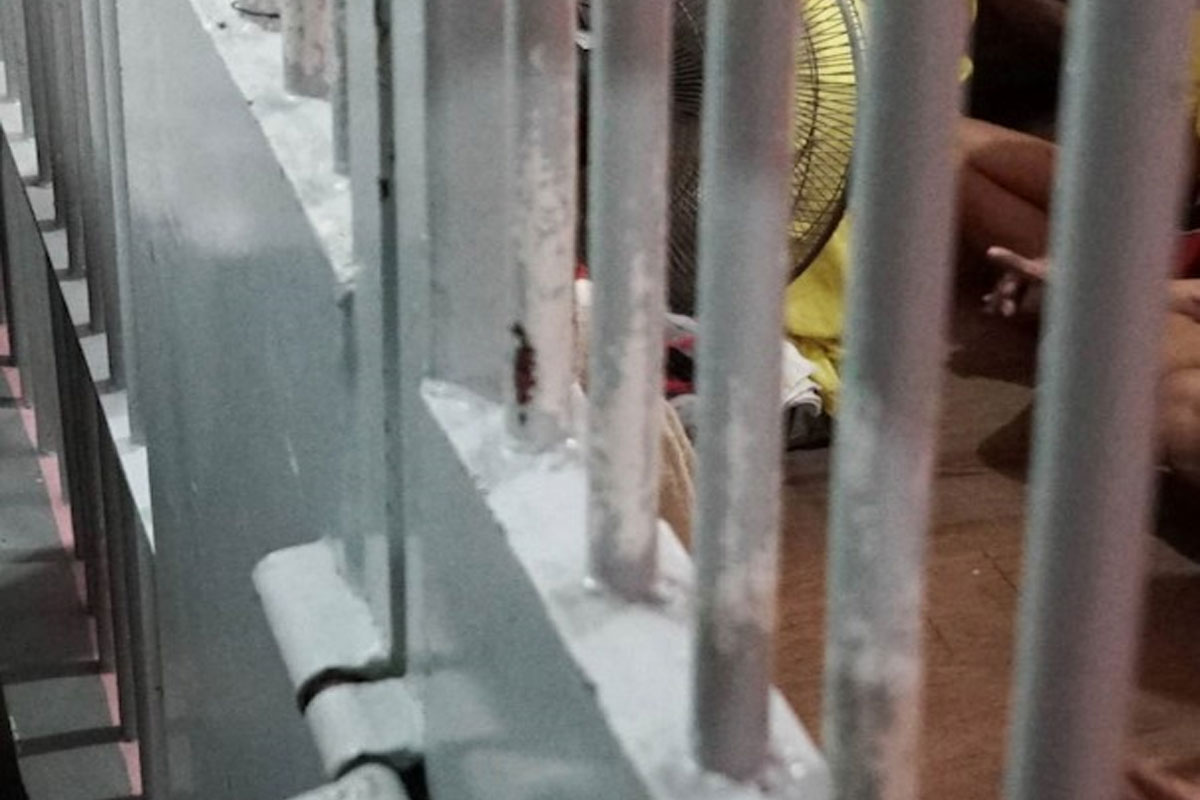
House solon urges ‘climate-resilient’ agri
A LAWMAKER on Wednesday said boosting “climate-resilient” practices in Philippine agriculture would help strengthen regional food security.
AGRI Party-list Representative Wilbert T. Lee issued the statement after President Ferdinand “Bongbong” Marcos Jr. called on world leaders to boost food security in the East Asian region in his intervention during the 17th East Asia Summit (EAS) in Phnom Penh, Cambodia.
“In light of President Marcos’ call to strengthen regional food security, we must also, therefore, strengthen the DA’s (Department of Agriculture) Adaptation and Mitigation Initiative in Agriculture (AMIA) and the Systems-wide Climate Change Office (DA-SWCCO) to boost the adoption of climate-resilient agriculture in the country,” Lee stressed.
Lee said the AMIA and the DA-SWCCO should be given adequate legislative and budgetary support to help in community-level research and development interventions, particularly in the 17 pilot sites of the program.
“Kung gusto nating magtagumpay ang programa at maging ‘Winner Tayo Lahat’, kailangan masiguro na mayroon tayong sapat na kagamitan, kaalaman, at kakayahan para rito,” the lawmaker said.
Lee noted a report from the DA showing that there is already evidence of on-field adoption of climate-resilient agriculture (CRA) practices by small-scale farmers in aquaculture systems, livestock systems, vegetable production, integrated farming systems, and maize and rice cultivation.
“While some CRA practices are already being adopted by our farmers, the DA has noted that CRA uptake throughout the country is still “low” and limited by poor availability and access to improved seed, insufficient financial resources to cover investment,” Lee said.
The lawmaker also said that according to the DA, climate change and variability are estimated to cost the Philippine economy approximately P26 billion yearly by 2050.
Meanwhile, according to the Germanwatch Institute’s 2021 Global Climate Risk Index, the Philippines is the fourth most affected country in the 20-year period from 2000 to 2019.
The World Bank (WB) defines climate-resilient agriculture as an integrated approach to managing landscapes—cropland, livestock, forests, and fisheries — that address the interlinked challenges of food security and climate change.
In his intervention during the EAS, Marcos said, “it has become glaringly clear that there is a dire need to strengthen food security towards self-sufficiency in our region, to increase adaptability and resilience in the face of threats to the global supply chain.”
“It is incumbent upon us, for our sake and that of future generations, to act decisively and immediately on climate change,” he stressed.









